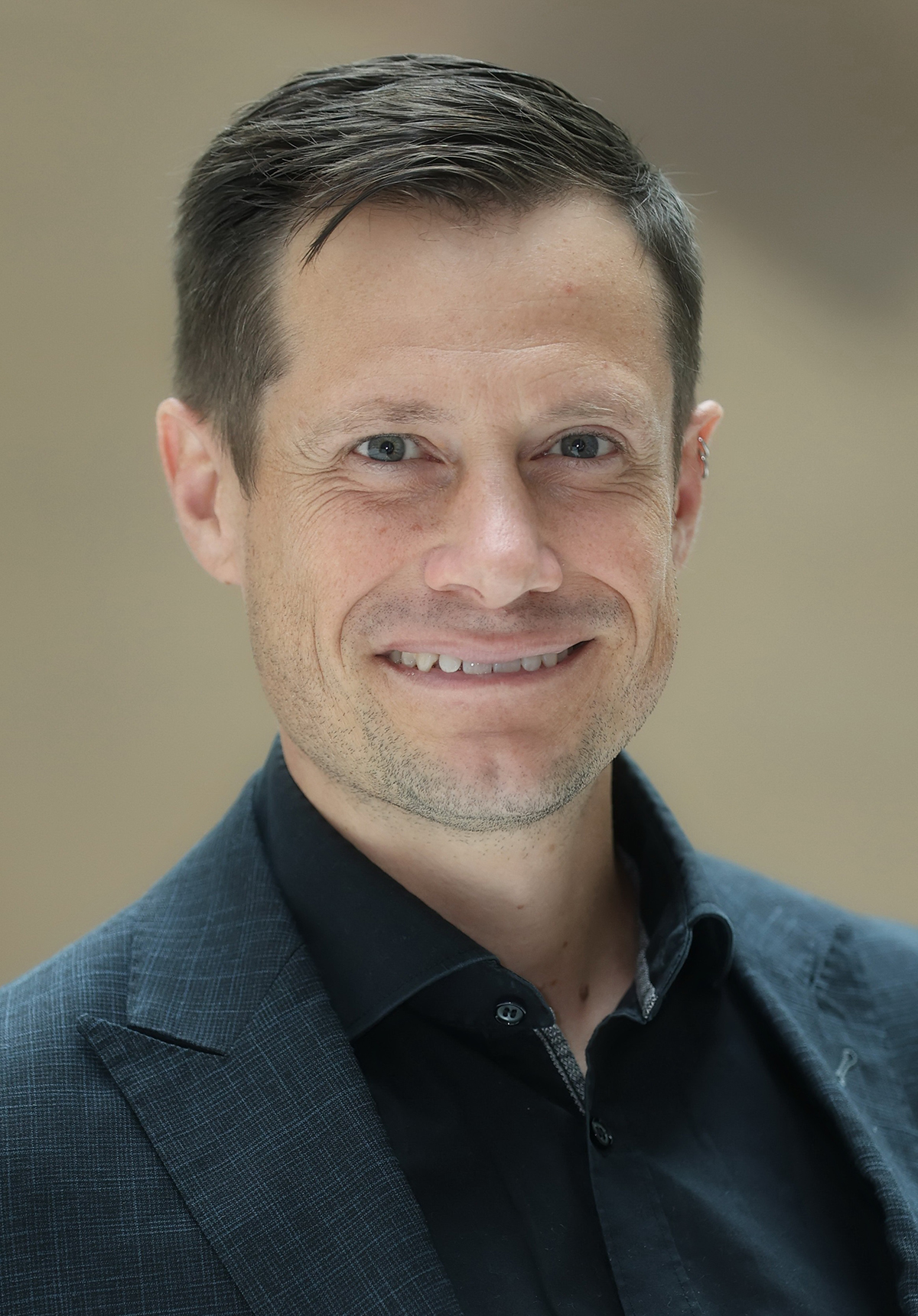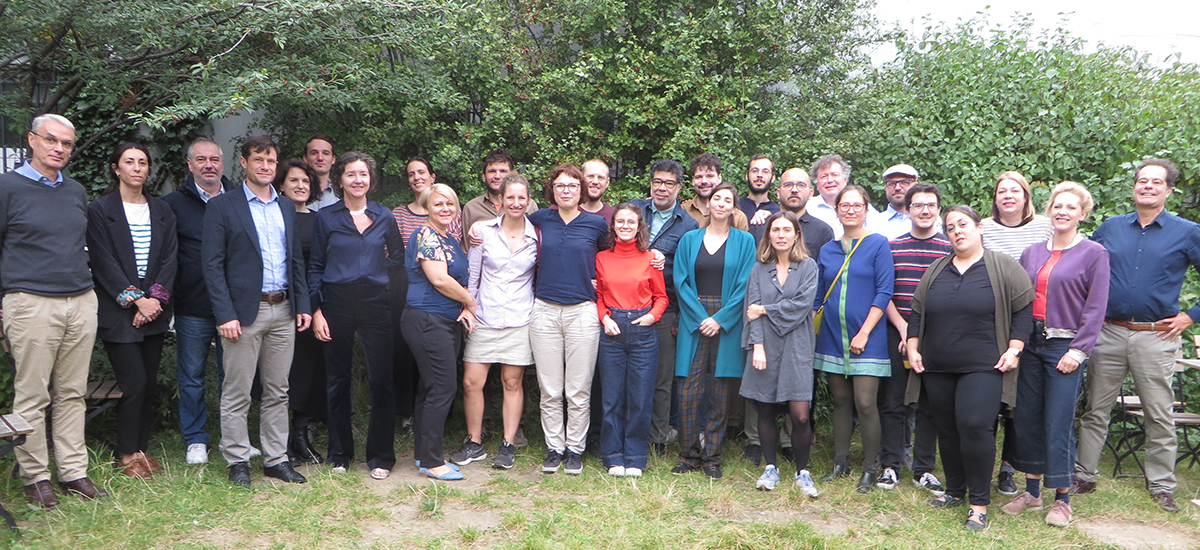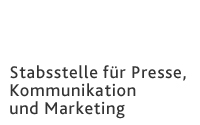Executive Department for
Press, Communication and Marketing
Adolf-Reichwein-Straße 2a Gebäude AVZ (Gebäudeteil AR-NA) 57068 Siegen
Phone: +49 (0)271/740-4915 Fax.: +49 (0)271/740-4911 E-Mail: presse@uni-siegen.de
How Can Climate Policy be Framed Socially?
Researchers at the University of Siegen are exploring how political measures for greater sustainability should be framed to achieve greater social acceptance.
The end of the combustion engine, Germany’s new heating law, increasing charges for CO2 emissions — promoting sustainability requires politicians to propose ideas that impact daily life of the population directly. How should these changes be framed within the EU to achieve greater acceptance at a societal level? The question is at the heart of an international project with the University of Siegen's involvement called “Greenpaths.” The overall project is being funded with three million euros from the EU within the Horizon Europe initiative.
“We are primarily focused on topics in which low-income households, in particular, have much to lose, with the potential to cause massive societal upheaval,” explains Junior Professor Thomas Kopp, a researcher in environmental and agricultural economics and head of the Siegen sub-project. “When climate policy increases social inequality, public support of the ecological transformation will lose support. We instead need to work to get people on board.”

The working group at the University of Siegen analyzes the social effects from existing measures. Other working groups are using the Siegen findings to develop new political measures. Their goal: help politicians apply the total knowledge to future measures, meaning improving their approaches and implementations.
A concrete example: “The impact of CO2 emission pricing is not equally distributed. When gas prices rise or butter suddenly jumps to three times the cost, it can be an existential problem for poorer households in particular,” Kopp explains. When price gaps are reinforced by climate policies, the gap between rich and poor households widens and societal acceptance for the measures shrinks — which nobody wants. “We want to increase societal support for ecological policy goals,” Kopp says. For the topic of mobility, for example, the questions arise: Where are the areas where we can reinforce individual mobility, and where are the places where we have to shift to public transport? How about airplane trips? When it comes to the topic of energy, by contrast, the question is more how we in the EU can achieve low- or no-emission targets while still covering our energy needs.
The research project is internationally organized. Thirteen partners from 11 countries are taking part, with the University of Cantabria in Spain serving as the consortium leader. Various types of institutions are involved, especially universities and civil society organizations. “In this way, we hope to cover the broadest possible spectrum of perspectives, as befit the width of discourse on this topic,” Kopp explains. “After all, this issue is relevant to all of us.”
The EU is funding the “GREENPATHS: European Knowledge Hub On Just Transition Pathways” project from 2023 to 2026 through the “Horizont Europa” line of funding (funding number: 101112305). The Siegen sub-project is slated to receive a quarter-million euros.
Project homepage: https://www.greenpaths.info/



